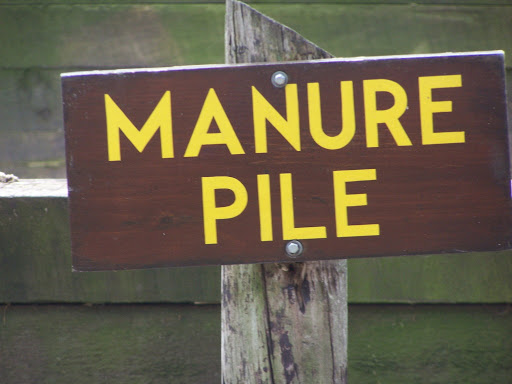Tribe gets thumbs-up in Mashpee
June 22, 2012
By GEORGE BRENNAN
MASHPEE — Call it a home-crowd advantage.
There was a decidedly different tone and a decidedly different pace Thursday as the federal Bureau of Indian Affairs held a public hearing on the Mashpee Wampanoag tribe's plan to take 170 acres in Mashpee into federal trust.
In a hearing at Mashpee High School that took less than an hour, there was little opposition to the tribe's request to take the land into trust.
Things were different Wednesday night at Taunton High School. More than 60 people, many of them casino opponents, attempted to poke holes in the tribe's plans to have 146 acres taken into trust for a $500 million casino project.
Among the opponents were members of the Pocasset and Massachusett, state-recognized tribes who accused the Mashpee tribe of invading their territory with the Taunton casino plan.
On Thursday night, Jessie "Little Doe" Baird attempted to set the record straight noting that 69 separate tribes were once under one leader, Massasoit. The Mashpee tribe is one of only a few that have "remained on our homelands without cessation," she said.
The Wampanoag territory stretched north to Cape Ann, west to Grafton and south to Narragansett Bay, Baird said. The Mashpee tribe has aboriginal rights to that land, she said.
"Without trust land, we still get beaten down for who we are," she said. "Nobody wanted to be Wampanoag when David Hendricks got shot (in 1988) just for being Wampanoag. Now everyone wants to be Wampanoag."
Baird was one of only five members of the public to speak during the hearing. The comments will be used by the BIA to help shape the environmental review of the land in trust application filed by the tribe.
Amelia Bingham, a tribe elder who has twice attempted to sue for all 16,000 acres of land in Mashpee to be returned to the tribe, criticized Wampanoag leaders for not joining her in that suit.
She also leveled the only objection to the tribe's proposed casino in Taunton saying the tribe can't afford the investment it will take to purchase the property.
"It's not going to serve my people," she said. "The money is not coming back to them."
In his brief comments, tribal council Chairman Cedric Cromwell said the casino project will provide jobs and economic development that will enable the tribe to self-govern.
"The needs of our tribe are great," Cromwell said. "We have vast need for affordable housing, health care, education, job training, cultural preservation and conservation of our natural resources in Mashpee."
The tribe plans to use the 170 acres in Mashpee for housing and its government center. Among the 11 parcels are the tribe's cemetery, museum and meetinghouse.
David Pocknett, a former tribal council member, said the Wampanoag have always been and will always be stewards of the land.
He pointed to the tribe's efforts to restore oysters to the bay and its work with the town's shellfish warden to accomplish the effort.
"The (tribe's) natural resources department and our shellfish department have been working well together," Mashpee Selectman John Cahalane, the town's liaison to the tribe, said after the hearing.
In 2008, shortly after the tribe was federally recognized, the tribe and town entered into an intergovernmental agreement. Cahalane said the tribe has upheld its end of the deal and the town would submit written comments supportive of the tribe's trust application.
"We're all for it," he said.
The BIA is accepting written comments on both the Mashpee and Taunton land takings through July 2.





No comments:
Post a Comment